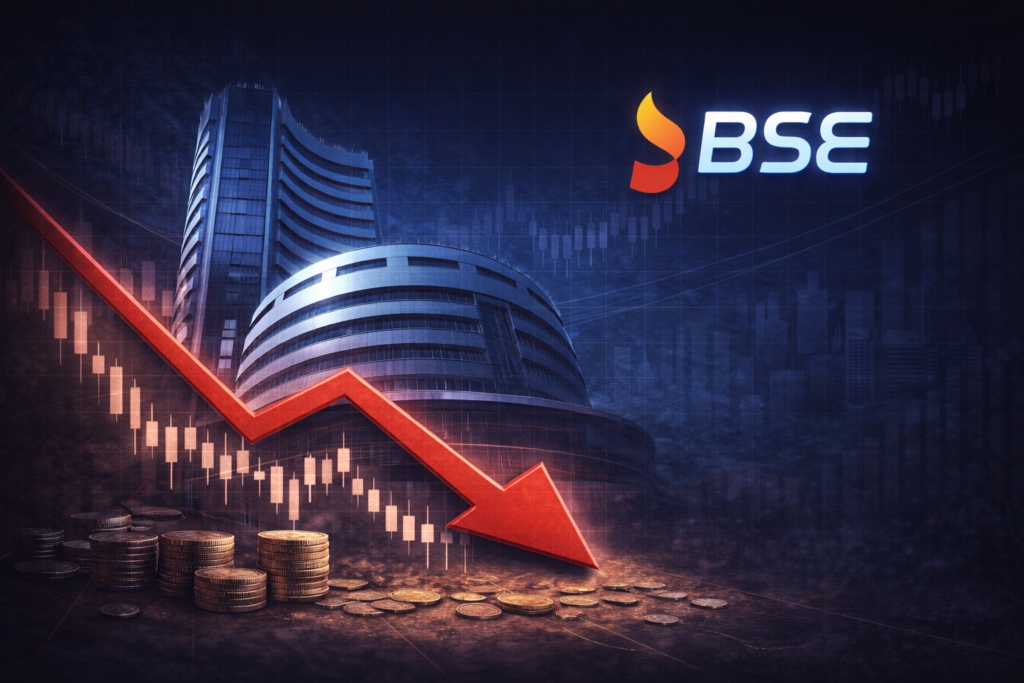It is nearly impossible to miss the diversification buzzword. One hears it everywhere — from business channels, newspapers, social media influencers and sometimes, from one’s neighbours and family members as well.
But, what does one mean when one speaks of diversification?
Underlying the concept is a simple principle that can be summed up in an old yet wise one-liner: Never put all your eggs in one basket.
Giant, blue-chip companies are also subject to the vagaries of market cycles, and have to brace for damage from macroeconomic and financial events. Same is the case with asset classes be they commodities, cryptocurrencies or real estate. Investments in these classes witness demand and supply shocks as well, and their price keeps fluctuating in response to different factors.
So, how is one to invest their funds across these asset classes, in a manner that maximises their wealth in the long run, and saves it from being eroded during adverse market conditions?
Dig deeper into the stocks vs bonds dynamic
Financial advisors have been splitting investments between stocks and bonds for decades, the ratio of the division determined by the investor’s risk appetite. The larger the risk appetite, the greater the exposure to the bond market.
However, even within equities, one runs the risk of concentration. Investing funds marked for the stock market in a single sector or in mutual funds that will have a similar reaction to an adverse event is inadvisable.
For instance, investing all your stock market funds in technology stocks is an assured way of sustaining market losses every time the US economy fizzles. For better diversification, exposure to technology stocks must be counter-balanced with the Indian banking or FMCG sector.
Index funds are your friends
Index funds help you easily diversify your portfolio while giving you larger exposure to themes and sectors within the market. Nifty50 or Sensex index funds let you benefit from market movements without having to concentrate on one particular stock.
There are different types of index funds in the market, which let you take a bet in the mid-cap or small-cap space, and even within certain sectors. Use the instrument of index funds to profit from the larger movements in the market without boxing in your funds in a single company.
Always hold back a little cash to capture market opportunities
The most seasoned investors insist on holding cash as dry powder. The equity market is a volatile playing field which witnesses massive market swings for a host of reasons. Investors can amass great stocks at unbelievably cheap prices, provided they have been sitting on cash just for this very purpose.
Further, cash opens up a lot of options for the investor. Many retail investors fail to account for future developments in the market. Their decisions are often based on the prevailing circumstances and sentiments. When investors hold back cash, they can utilize their cash, and create new positions, during market meltdowns, when everyone else has to redeem their investments at a loss.
Tap into the global markets
The world is increasingly a globalised place. The phrase, ‘When the US sneezes, the world catches a cold’ is a testament to how economically interconnected the world markets have become in recent years.
There is no reason why Indian retail investors should not enjoy the benefits of investing in US and European markets. With the Appreciate App, you can invest in globally reputed companies, including the likes of Apple, Microsoft, Tesla, Amazon, Alphabet and more. Now, investors can profit from Indian and foreign shores alike.
The final word
Finally, it is important to remember that investments tend to unravel, no matter how confident one is about their anticipated returns.
Being over-confident about one’s investment prudence and foresight is a recipe for disaster. Portfolios of investment gurus and analysts also undergo a loss during bearish market phases.
Smart risk management practices help them steer clear of excessive concentration. By embracing the norms of diversification, retail investors can keep building on their investments, while remaining undisturbed by market volatility.























